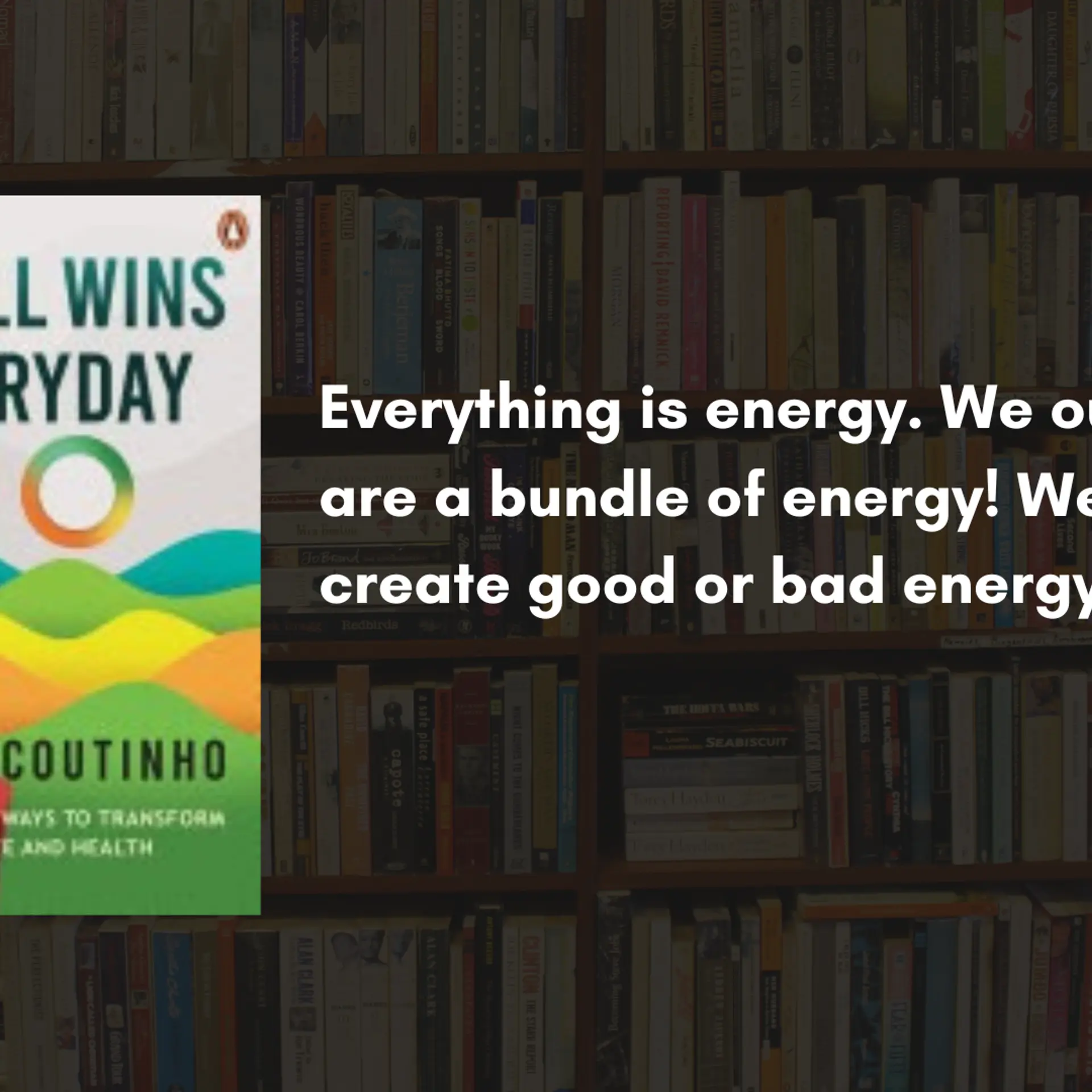[Startup Bharat] How Surat-based Alpino turned a Rs 5 lakh investment into a Rs 5 Cr turnover by selling peanut butter
After being told by several manufacturing companies that they could never succeed, the founders of Alpino went on to build a popular peanut butter brand, now available on several ecommerce channels. In this video interview with YourStory Business Editor Vishal Krishna, the founders tell us more.
Six childhood friends from Surat with mom-and-pop business backgrounds and big aspirations spoke about becoming businesspeople in their own time and right. This was in 2012 when all of them had just finished high school. Priyank Vora, Milan Gopani, Hiren Sheta, Mahatva Sheta, Umesh Gajera, and Chetan Kanani might have gone their separate ways but kept in touch.
“We would constantly discuss several ideas, visit trade fairs, and manage to study too,” says Chetan Kanani, Co-founder of Alpino.
In 2015, they graduated from college and started looking at the supplement proteins and healthy living space in India. Soon, they realised that whey substitutes in the form of protein, and healthy fats like peanut butter were not popular in India.
“Ninety percent of India's peanut butter produce is exported. We were wondering that if peanuts are grown here, then why not make the peanut butter here? The competition analysis showed that the hard work we had to put in was for category marketing,” says Chetan.
Watch the co-founders of Alpino explain how the company has become one of India's bestselling peanut butter brands:
But, market research apart, they began to face the heat when they asked a manufacturer to sell a few cases of peanut butter to them, which they would sell in their name. The manufacturer told the boys that they would need to buy a minimum of 500 cases. “In most cases, people walk out. But we stood our ground and began bargaining with him. Our sheer tenacity of not taking no for an answer held us in good stead. By evening, we had convinced the man to give us 100 cases,” recalls Chetan.
A not-so-smooth beginning
The name Alpino was already chosen and registered, and the team labelled the peanut butter and began selling them on Amazon and Snapdeal. But, it took them three months to clear 100 cases. The next time, they asked the manufacturer what types of peanut butter he was exporting, noticing a crunchier variety. They ordered these and began marketing on Amazon, ending the year 2016-17 with Rs 25 lakh revenue. The team realised people were ordering the crunchier variety.

Also read: Made in India: meet the country's best-selling consumer brands on Amazon India Launchpad
Noticing the pincodes of their customers, they saw that every bit of their product was bought in either Haryana, Punjab, or Delhi. They realised that to scale, they would have to build distribution. Soon, they set up 15 distributors in the north who would sell peanut butter through exclusive agreements. Their market swelled as the crunchy peanut butter was selling 50 cases a month in 2017.
“We went around showcasing the benefits of peanut butter for bodybuilders, even presenting at an international health and fitness foundation. People began sampling the product,” says Chetan.
In three years, the business has a revenue of Rs 5 crore and is one of the biggest selling young brands on Amazon. Now the company is adding more products. They want to bring in whey and olive oil by the end of the year. At present, they supply peanut butter on all ecommerce platforms in India, and are thinking of taking it national. The goal is to get Indians to replace jams with peanut butter.
Also read: This seed-to-fork tech company is helping farmers understand consumption
The market for peanut butter
The market size for peanut butter consumption in India is less than $100 million. But, in the US, it's big business. According to IMARC group, the global peanut butter market is presently worth $ 3.3 billion, with its demand growing at a CAGR of around six percent during 2010-2017. A variety of flavours, new blends, rising disposable income of consumers, and a growing preferences for nutritious products are the major factors driving this growth.
Alpino plans to grow to a Rs 50 crore business in a couple of years, and they want to do so by working with 200 distributors. India is going through a fitness revolution and the company wants to latch on to it. According to a Deloitte India report, the fitness industry in India is worth 1.1 billion.
Imagine when millennials find out that peanut butter is better than plain jam. That's when Alpino would have made its mark.


![[Startup Bharat] How Surat-based Alpino turned a Rs 5 lakh investment into a Rs 5 Cr turnover by selling peanut butter](https://images.yourstory.com/cs/2/60409080-2d6d-11e9-aa97-9329348d4c3e/Alpino_startup1556836478674.png?mode=crop&crop=faces&ar=2%3A1&format=auto&w=1920&q=75)




